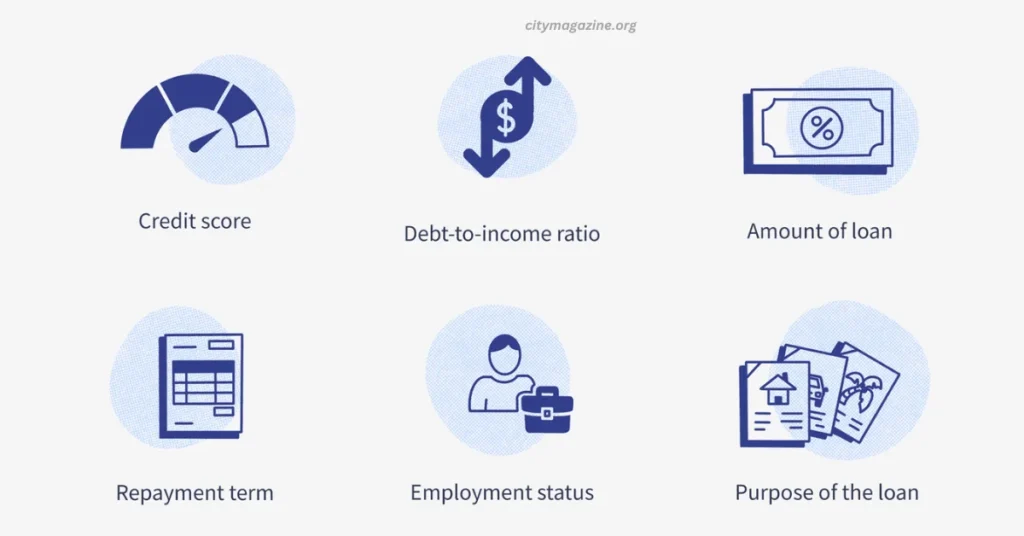What is a Mortgage Loan?
A mortgage loan is a secured type of loan that holds your property mortgage in exchange for a sizable sum. As a borrower, you can keep the property as collateral with the lender and obtain a loan in return. The lender will hold your property until you pay off the loan amount within the stipulated period. Before we get into mortgage loan interest rates, let us first look at the different types of mortgage loans offered in India.
Types of Mortgage Loans in India
Home Loan
Home loans are the most common type of mortgage loan in the market. One can apply for a smaller or larger loan due to competitive interest rates. Besides, flexible repayment tenors and tax benefits also add to the perks. Such a loan can be used to purchase, renovate, or construct a house but not for business or personal needs.
Loan Against Property
A loan against property or LAP is usually offered for residential and commercial properties. Such loans are repaid in installments. Several banks and lending institutions allow borrowers to calculate monthly EMIs using a loan against property EMI calculator for convenience. Such loans usually have a tenor extending up to 18 years.
Commercial Purchase
Such loans are popular among entrepreneurs and business people. These are usually taken to purchase commercial spaces, like offices, shops, or complexes. Funds under this loan can be used only to buy commercial properties.
Lease Rental Discounting
Many people choose to lease their own commercial or residential properties – a common practice. Mortgage loans can also be taken against such leased properties. This is called ‘lease rental discounting’. Each month’s rent amount is converted into affordable EMIs, and the loan amount is offered based on that. The amount and tenor of the loan depend on the duration for which the property will be leased out.
Second Mortgage Loan
NBFCs and banks also offer mortgage loans for properties already under a loan. For instance, if a borrower takes a loan to purchase a property, they may opt for an additional loan on the same property for personal needs. It is popularly familiar as a top-up loan. The lender will further offer the required loan amount provided the borrower has a good credit score and loan repayment record. In such cases, however, the borrower has to start paying the EMIs of the second mortgage loan alongside the first one.
Reverse Mortgage
A reverse mortgage loan is a smart way for senior citizens to avail of funds against a property in their name if they need liquid cash. A mortgage can then keep the property, and money can be borrowed and paid back through easy installments.
Mortgage Loan Interest Rate: How to Choose the Right One
The interest rate plays a vital role in picking the best-suited loan since the rates increase with the increased value of the loan amount. The mortgage loan interest rate also depends on multiple factors, like the borrower’s occupation, monthly or annual income, CIBIL score that evaluates their ability to repay the loan, etc. Ideally, lenders desire a CIBIL score of loan against property equivalent to 725 or higher, so make sure you clear off any outstanding dues and credit card bills beforehand.
Coming to the different types of interest rates available on property loans, the most common two are as follows:
Fixed Rate
Under this, the mortgage loan interest rate remains unchanged throughout the tenor, so the monthly installments neither increase nor decrease.
Flexible Rate
The interest rate under this remains low initially but tends to fluctuate in the future based on any changes in the market value. The EMIs are then adjusted accordingly to make repayment easier.
Things to Remember When Taking a Mortgage Loan in India
Eligibility
When applying for a mortgage loan, you first need to check your eligibility. Evaluate your existing liabilities, source of income, and credit score before proceeding.
Legal Documents
Make sure you have all your documents in place before sending the application. The list of documents needed usually includes govt. Sanctioned ID and address proof, previous salary slips and bank account statements, property documents, income tax returns, etc.
Additional charges
It is advisable to check with the lender if additional charges or fees, such as processing, legal, foreclosure, or other penalty charges, apply to the loan against the property. Compare multiple lenders and settle for one offering zero to nominal charges to avoid paying extra.
Now that you know all about property loans and mortgage loan interest rates, contact a reputable lender and apply online to get your loans approved and sanctioned faster than ever.



